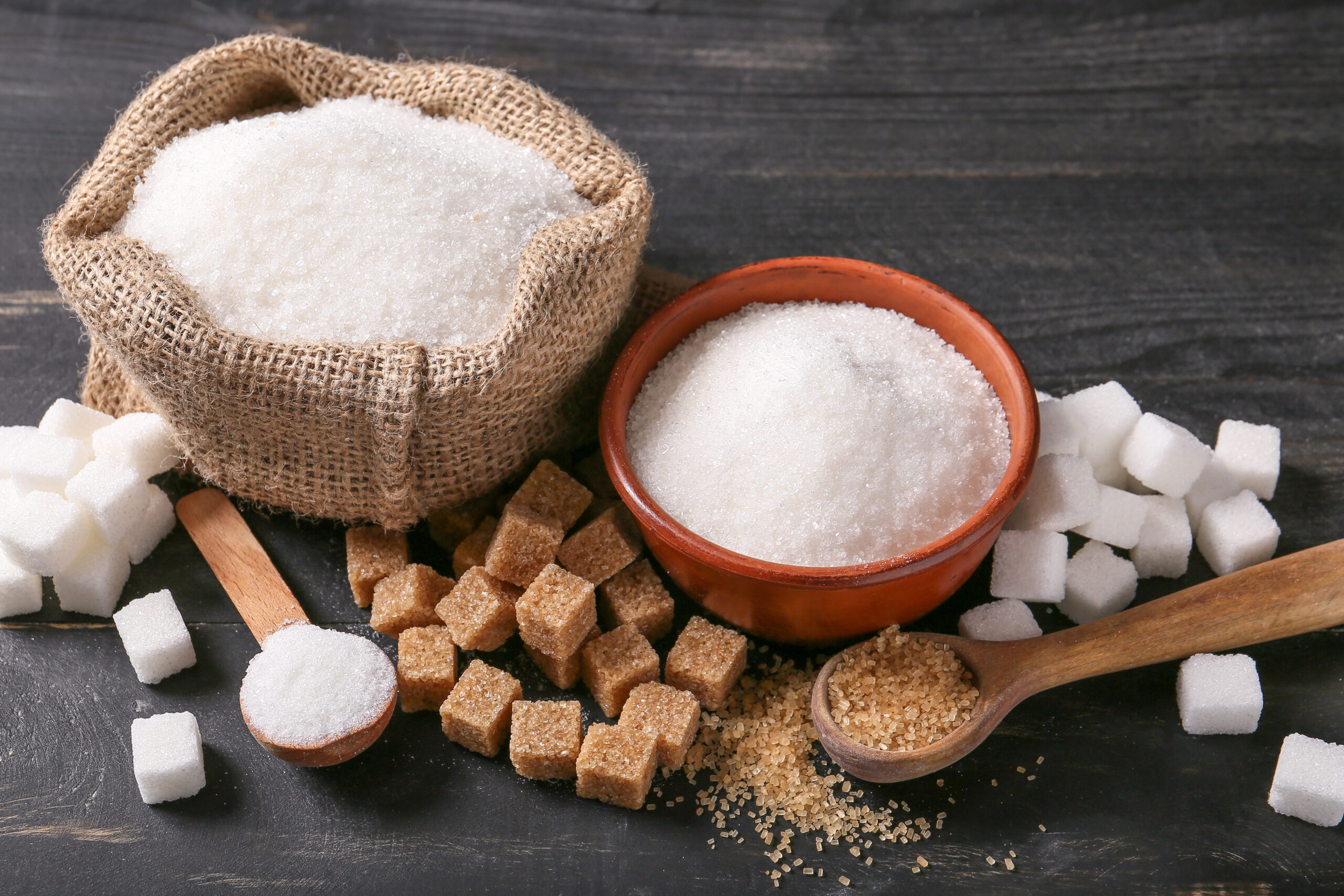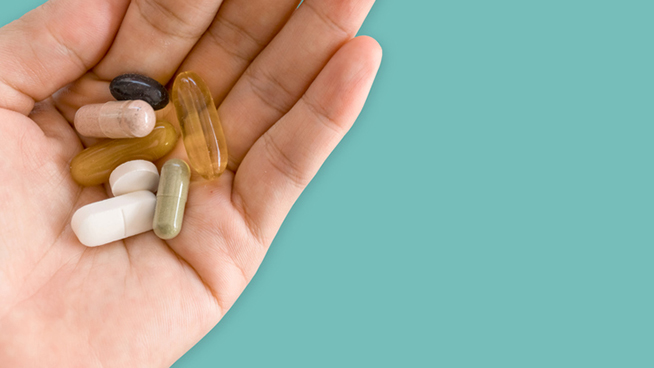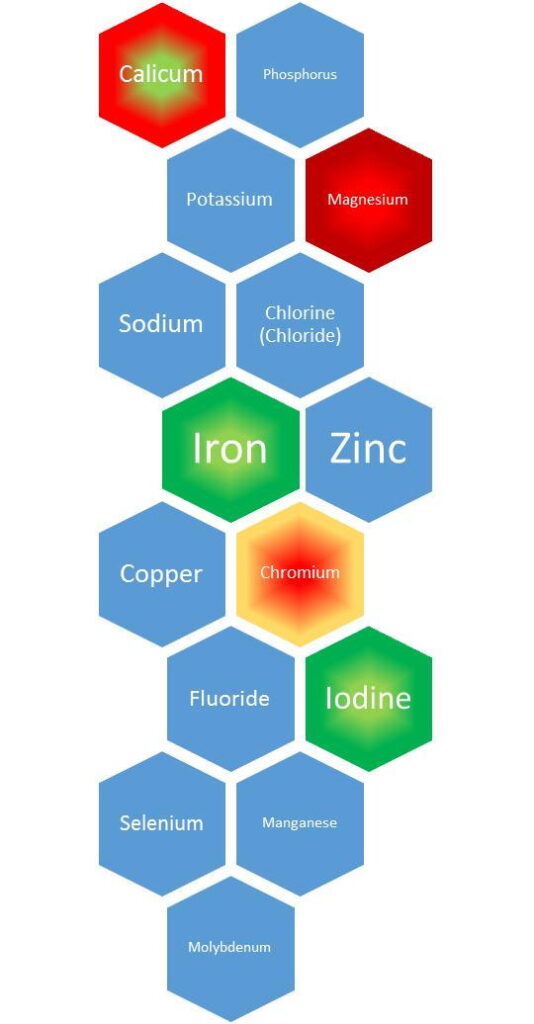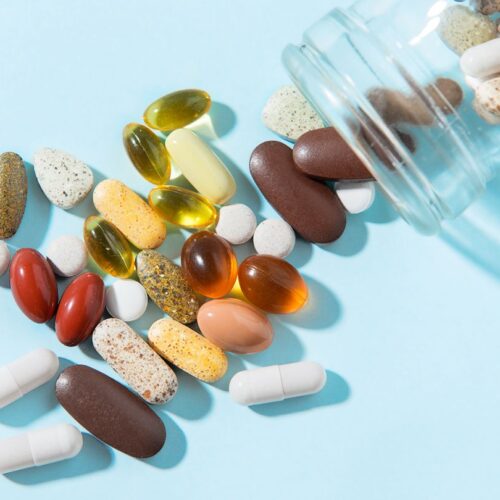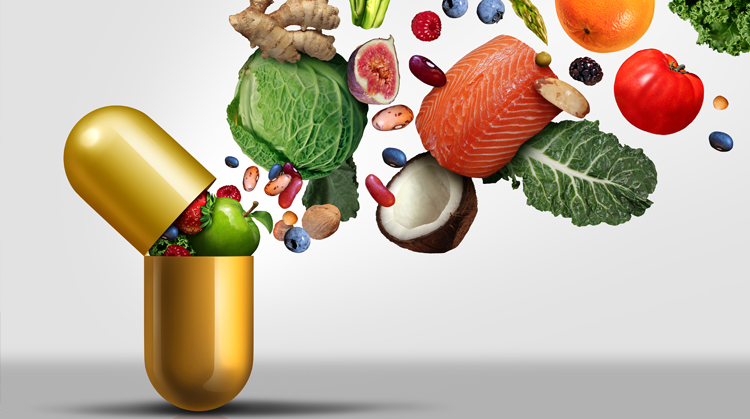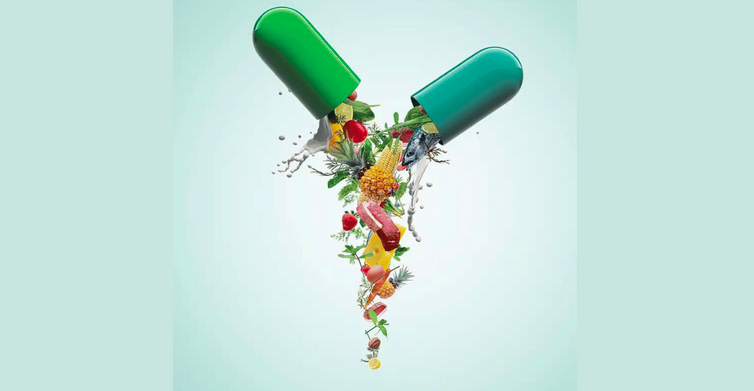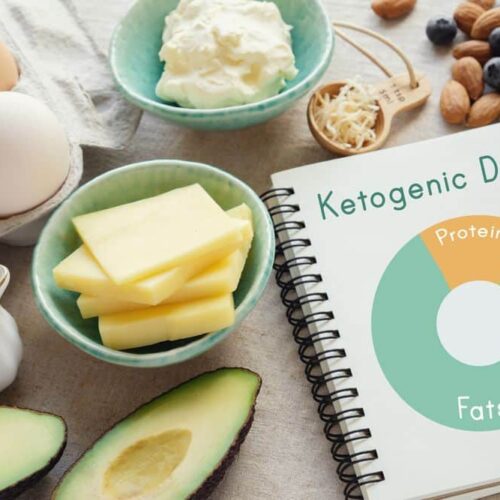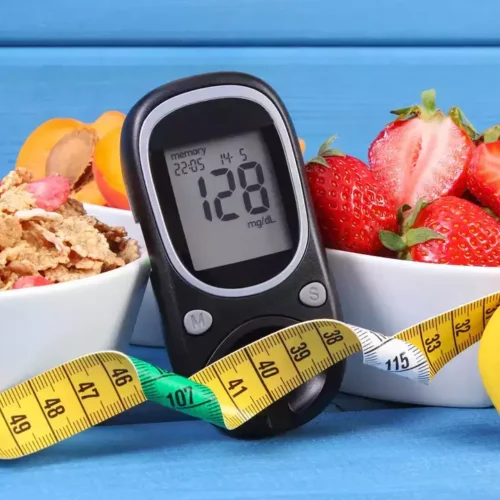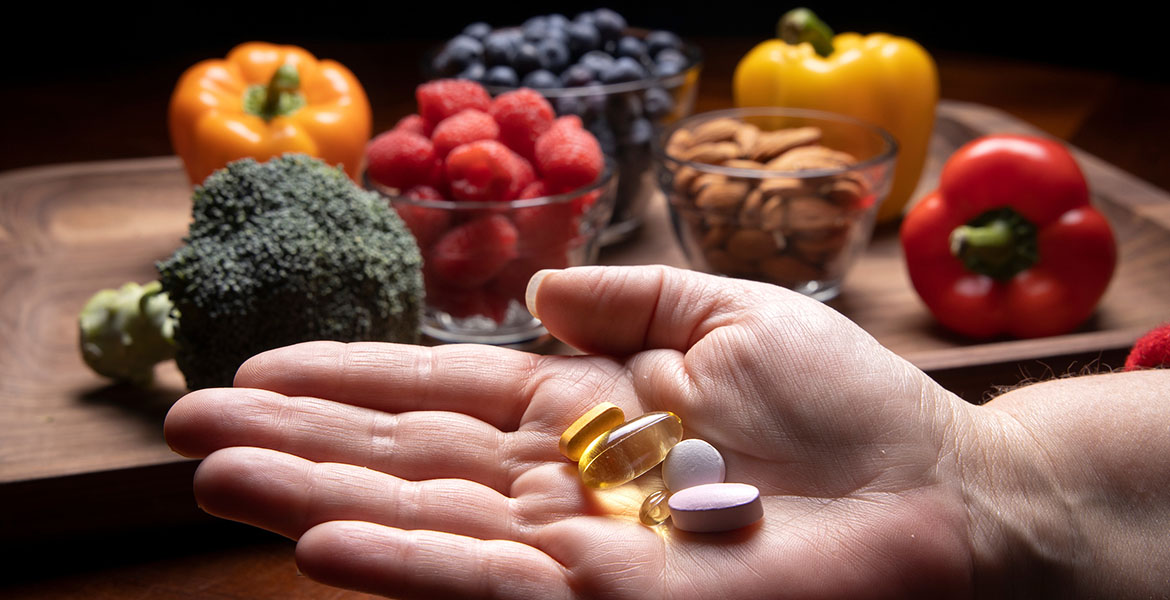From marinara sauce to peanut butter, added sugar can be found in even the most unexpected products.
Many people rely on quick, processed foods for meals and snacks. Since these products often contain added sugar, it makes up a large proportion of their daily calorie intake.
In the United States, the average adult consumes an estimated 17 teaspoons of added sugar each day (1Trusted Source). That accounts for 14% of total calorie intake in adults following a 2,000-calorie diet.
Experts believe that sugar consumption is a major cause of obesity and many chronic diseases, such as type 2 diabetes (2Trusted Source).
That’s why dietary guidelines suggest limiting calories from added sugar to less than 10% per day (3Trusted Source).
Here are 11 reasons why eating too much sugar is bad for your health.
- It Can Cause Weight Gain
Obesity rates are rising worldwide, and evidence suggests that added sugar — often from sugar-sweetened beverages — is a major contributor to obesity (4Trusted Source).
Sugar-sweetened drinks like sodas, juices, and sweet teas are loaded with fructose, a type of simple sugar.
Consuming fructose increases your hunger and desire for food more than glucose, the main type of sugar found in starchy foods (5Trusted Source).
Additionally, animal studies show that excessive fructose consumption may cause resistance to leptin, an important hormone that regulates hunger and tells your body to stop eating (6Trusted Source).
In other words, sugary beverages don’t curb your hunger, making it easy to quickly consume a high number of liquid calories. This can lead to weight gain.
Research shows that consuming sugary beverages is associated with weight gain and increased risk of type 2 diabetes (7Trusted Source, 8Trusted Source).
Also, drinking a lot of sugar-sweetened beverages is linked to an increased amount of visceral fat, a kind of deep belly fat associated with conditions like diabetes and heart disease.
- May Increase Your Risk of Heart Disease
High-sugar diets have been associated with an increased risk of many diseases, including heart disease, the number one cause of death worldwide (8Trusted Source, 10, 11Trusted Source).
Evidence suggests that high-sugar diets can lead to obesity and inflammation as well as high triglycerides, blood sugar, and blood pressure levels — all of which are risk factors for heart disease (12Trusted Source).
Additionally, consuming too much sugar, especially from sugar-sweetened drinks, has been linked to atherosclerosis, a disease characterized by fatty, artery-clogging deposits (13).
A study in over 25,877 adults found that individuals who consumed more added sugar had a greater risk of developing heart disease and coronary complications compared to individuals who consumed less added sugar (10).
Not only does increased sugar intake increase cardiovascular risk, but it can also increase risk of stroke (10).
In the same study, more than eight servings per week of sugar-sweetened beverages were associated with increased stroke risk (10).
Just one 12-ounce (473-ml) can of soda contains 39 grams of sugar, which equates to 8% of your daily calorie consumption, based on a 2,000-calorie diet (14).
This means that one sugary drink a day can bring you close to the recommended daily limit for added sugar.
- Linked to Acne
A diet high in refined carbs, including sugary foods and drinks, has been associated with a higher risk of developing acne.
Foods with a higher glycemic index, such as processed sweets, raise your blood sugar more rapidly than foods with a lower glycemic index (15Trusted Source).
Consuming sugary foods can cause a spike in blood sugar and insulin levels, leading to increased androgen secretion, oil production, and inflammation — all of which play a role in acne development (16Trusted Source).
Evidence has shown that low-glycemic diets are associated with a reduced acne risk, while high-glycemic diets are linked to a higher acne risk (17Trusted Source).
For example, a study of 24,452 participants found that the consumption of fatty and sugary products, sugary beverages, and milk was associated with current acne in adults (18Trusted Source).
Additionally, many population studies have shown that rural communities that consume traditional, non-processed foods have much lower rates of acne compared to more urban, high-income areas where processed food is part of a standard diet (19Trusted Source).
These findings coincide with the theory that diets high in processed, sugar-laden foods contribute to the development of acne.
- Increases Your Risk of Type 2 Diabetes
Diabetes is a leading cause of mortality and reduced life expectancy. Its prevalence has more than doubled over the past 30 years, and projections estimate its burden will continue to rise (20Trusted Source).
Excessive sugar consumption has been historically associated with an increased risk of diabetes (21Trusted Source).
While no study has proven that sugar consumption causes diabetes, there are strong connections.
Eating large amounts of sugar can indirectly raise diabetes risk by contributing to weight gain and increased body fat — both of which are risks for developing diabetes (22Trusted Source).
Obesity, which is often caused by excessive sugar consumption, is considered the strongest risk factor for diabetes (23Trusted Source).
What’s more, prolonged high-sugar consumption drives resistance to insulin, a hormone produced by the pancreas that regulates blood sugar levels.
Insulin resistance causes blood sugar levels to rise and strongly increases your risk of diabetes.
Additionally, research has found that people who drink sugar-sweetened beverages are more likely to develop diabetes (24Trusted Source).
A study including individuals who drank sugary beverages for over a 4-year period found that increased consumption of sugary beverages — including soft drinks and 100% fruit juice — is associated with a higher risk for type 2 diabetes (25).
- May Increase Your Risk of Cancer
Eating excessive amounts of sugar may increase your risk of developing certain cancers.
First, a diet rich in sugary foods and beverages can lead to obesity, which significantly raises your risk of cancer (26Trusted Source).
Also, diets high in sugar increase inflammation in your body and may cause insulin resistance, both of which increase cancer risk (27Trusted Source, 28Trusted Source).
A systematic review analyzing 37 prospective cohort studies found that in two of five studies on added sugar, a 60% – 95% increased cancer risk was observed with higher sugar intakes (29Trusted Source).
The same review found that in 8 of 15 studies on sugary foods and beverages, a 23% – 200% increased cancer risk was observed with greater sugary beverage consumption (29Trusted Source).
Other studies have found sugar intake to be linked to specific types of cancer.
A study in over 22,720 men spanning over 9 years found that increased sugar consumption from sugar-sweetened beverages was associated with a greater risk of prostate cancer (30Trusted Source).
Another study found that esophageal cancer was associated with increased consumption of sucrose, or table sugar, and sweetened desserts and beverages (31Trusted Source).
Research on the link between added sugar intake and cancer is ongoing, and more studies are needed to fully understand this complex relationship.

